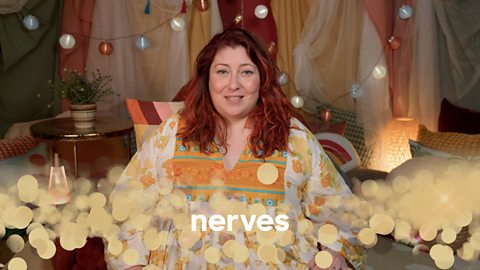To nurture means to care for and protect something or someone while it is growing.
We can all do this. Parents, carers, and other family members nurture children. Teachers and other school staff nurture their pupils. Maybe you nurture a younger sibling or a pet?
What does nurture do?
- Helps us to develop our social and emotional skills
- Supports us as we grow
- Builds our resilience and makes us feel better about ourselves
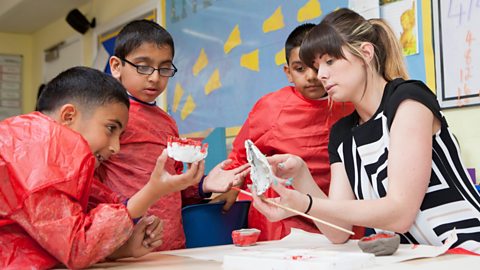
There are six principles that explain how nurture can help you and others.
1. We all learn in our own time
We are all individuals. That means not everyone learns at the same rate or time.
It's important not to get too worried or frustrated if you get stuck at something. Try not compare yourself to others. It’s better to be patient and kind to ourselves.
Questions and activities
- What are your favourite subjects at school? Why do you like them?
- Are there any subjects you find more difficult? Who could you ask for help with this subject?
2. The classroom is a safe place
School should be a calm, safe environment for everyone.
Your school might look a little different after lockdown. Your tables and chairs might be spaced out more and you might have to move around the school in ways that you didn't before. These things are designed to keep everyone healthy and safe and to reassure you while you’re at school.
Questions and activities
- Can you think of places or "nooks" in your classroom or school where you feel comfortable? What does they look like and why do you like them?
- Design a poster to help younger pupils feel safe at school. What pictures or messages could you use?
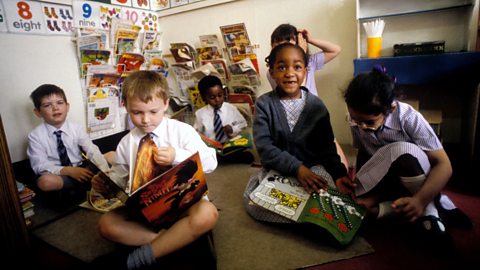
3. Nurture helps us feel good
Looking after ourselves and other people makes us feel good in mind and body.
One way of doing this is showing kindness. When we are kind to other people, it makes them feel happy. It is good for your health too.
Another example of nurture making us feel good is celebrating our achievements, no matter how small they might seem. When someone tells us we've done a good job, that makes us feel positive about ourselves. That's what nurture is all about.
Questions and activities
- Can you think of a time when you were kind to someone? How did that make you feel? How do you think it made them feel?
- Keep a diary of your achievements. Write down things that you are proud of. These could be big moments, like winning a prize, or everyday achievements, like holding a door open for someone or saying please and thank you at the school dinner hall.
Watch this video about the benefits of being kind with wellbeing professional Lorna Walker.

4. The way we speak and the words we use are important
What we say to people tells them a lot about us and how we're feeling.
Talking to someone you trust, like a teacher or classroom assistant, about how you feel can help them understand you and make you feel better too.
Questions and activities
- Can you remember the last time you felt angry about something? What words come to mind when you think about that time? Those words could be feelings, colours, sounds or anything else that comes to mind.
- Make a list or draw a picture of all the people in your life that help you or make you feel better when you are feeling sad or worried.

5. How we behave tells people how we feel
It's not always easy to express how we feel in words. The way we behave towards other people says a lot about how we're feeling.
If someone in your class is misbehaving or not listening to the teacher's instructions, it's helpful to ask yourself:
- How might they be feeling?
- Why might they be behaving that way?
- Are they feeling angry or frustrated? Or upset?
When we try to put ourselves in other people's shoes and imagine how they are feeling, this is called empathy.
Questions and activities
- Think of a time when you were feeling angry or sad. How did you behave because of those feelings?
- Write a list or draw a picture of activities that make you feel better when you're feeling worried or stressed.
6. Change happens to everyone and it's an important part of life
Change happens all the time. It can be exciting but it can also be a little scary.
There have been lots of changes this year because of coronavirus and lockdown.
Being back at school and spending time with all your classmates after being at home for months can be great fun but it can also be challenging. There might also be new rules and routines at school.
Remember, it's good to talk to people you trust about how you're feeling about any changes.
Questions and activities
- Can you think of a change that's happened to you recently? How did it make you feel?
- Write a diary entry or a news report or create a poster about your lockdown experiences.
Watch this video about how to recognise and deal with change.
Sources
Lucas, S., Insley,K. and Buckland,G. (2006) Nurture Group Principles and Curriculum Guidelines Helping Children to Achieve, nurtureuk.
Moore, C. (2020) Supporting post-lockdown education using the 6 Principles of Nurture, epinsight.
For more health and wellbeing resources, visit this collection on 91Čȱ¬ Scotland Learning.
Health and wellbeing. collection
A collection of films and listening activities to improve your health and wellbeing.
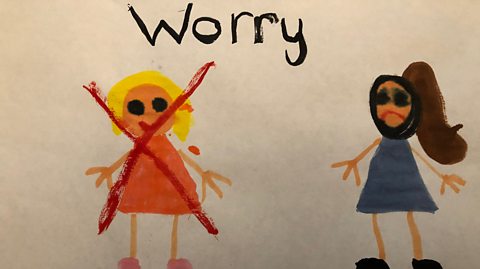
More on Mental and emotional wellbeing
Find out more by working through a topic
- count15 of 15
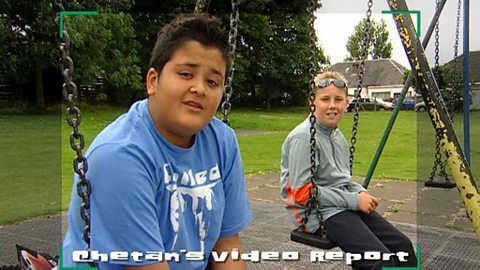
- count1 of 15
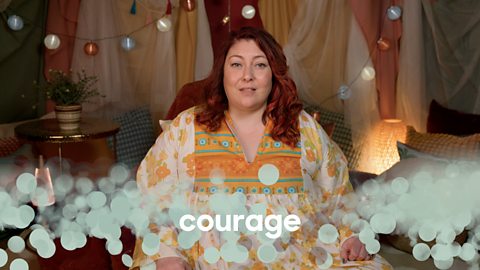
- count2 of 15
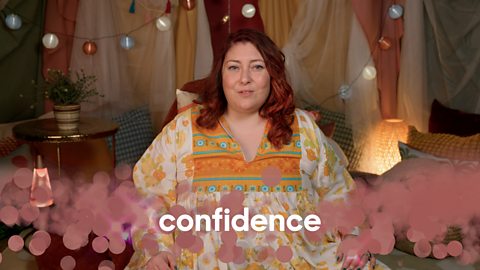
- count3 of 15
